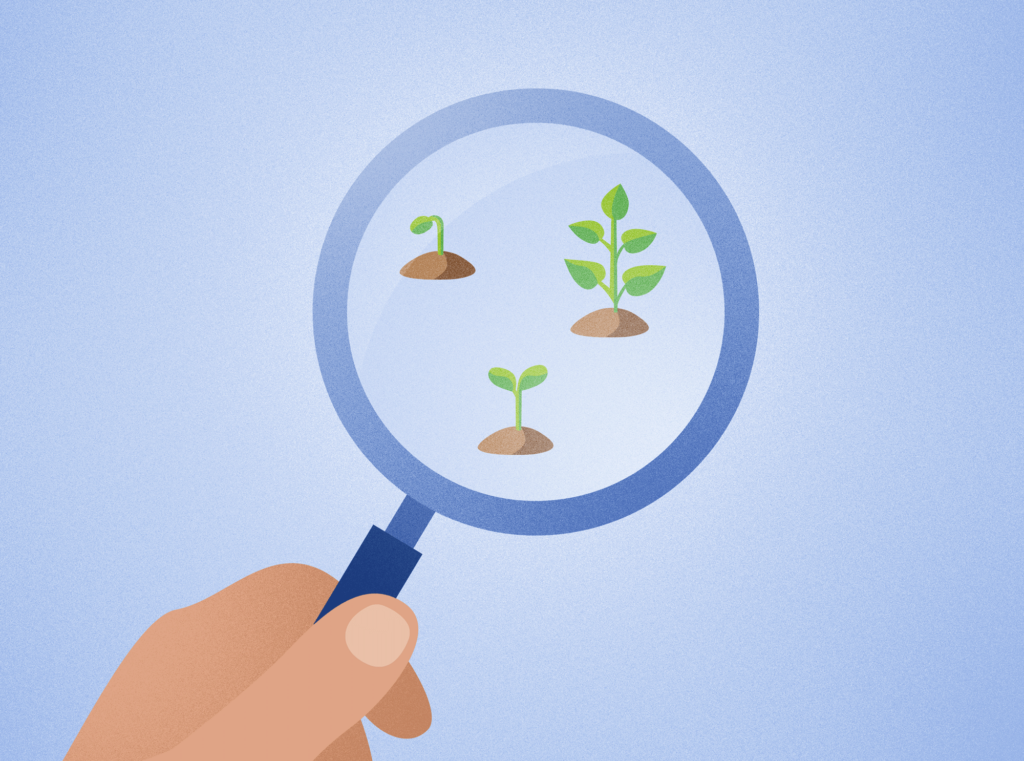
Today, we’ve asked Paul A. O’Keefe to share his Tip of the Week.
I grew up unwealthy in a profoundly wealthy town. It seemed that some people got all the breaks and had all the connections and all the money. But not me. When I was in high school, I thought, “Some people have good opportunities, and others just don’t.” And it seemed like something I couldn’t change. I felt trapped by my circumstances—no matter how hard I tried, it seemed I’d never be able to open the doors that others had opened for them.
What makes some people think they can cultivate opportunities and others think they can’t? And how do these mindsets affect how they act?
In recent research, my colleagues and I found that those with a fixed mindset about opportunity—they saw opportunities as relatively set—were more likely to just hope for the best or give up because success seemed unlikely. Those with a growth mindset about opportunity—they viewed opportunities as changeable—made active plans and persisted toward goals. They had relatively high expectations for success because even if opportunities were not immediately available, they believed they could find or create new ones.
For example, in a group of unemployed people looking for work, those with a stronger growth mindset were more proactive in their job search, cultivated more possibilities that could lead to employment, and were more likely to have secured a job 5 months later.
Crucially, mindsets matter most when opportunities seem scarce. When options are readily available, most people favor taking action and expect success. But when opportunities seem unavailable, the meaning of the situation changes for those with a fixed mindset, and they’re more passive about their circumstances.
After I graduated high school, I came to realize that some people who did enviable things—those who got into top universities, landed record deals, or climbed Mt. Kilimanjaro—weren’t born with a silver spoon in their mouths. They were proactive people who took matters into their own hands and cultivated opportunities. Everything changed after that shift in mindset, and it put me on a drastically different trajectory in life.
Don’t wait for lucky breaks to fall into your lap.
Do have a growth mindset about opportunity. The next time you feel your options are limited, ask yourself, “What steps can I take to find new possibilities—or how can I create them?” At the same time, opportunities aren’t distributed equally in society, and through no fault of their own, unjust barriers prevent many people from pursuing their goals. But to the extent that opportunities can be available, a growth mindset may help open a path.
With determination and compassion,
Paul A. O’Keefe is an associate professor of organizational behavior at the University of Exeter Business School. He is the co-editor of The Science of Interest.
